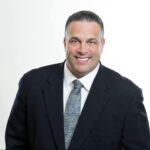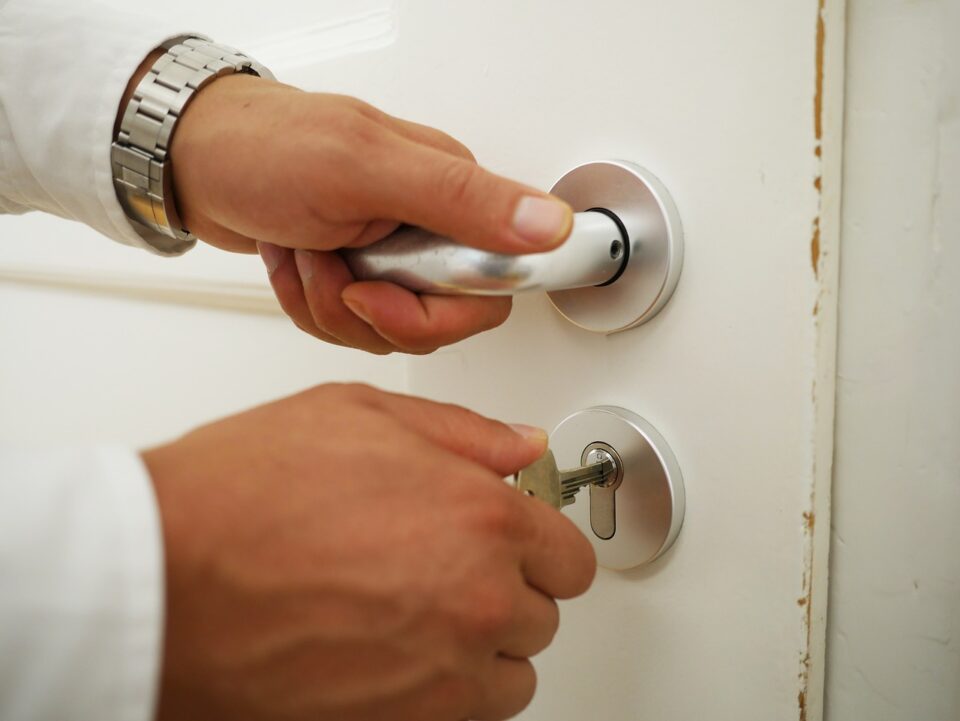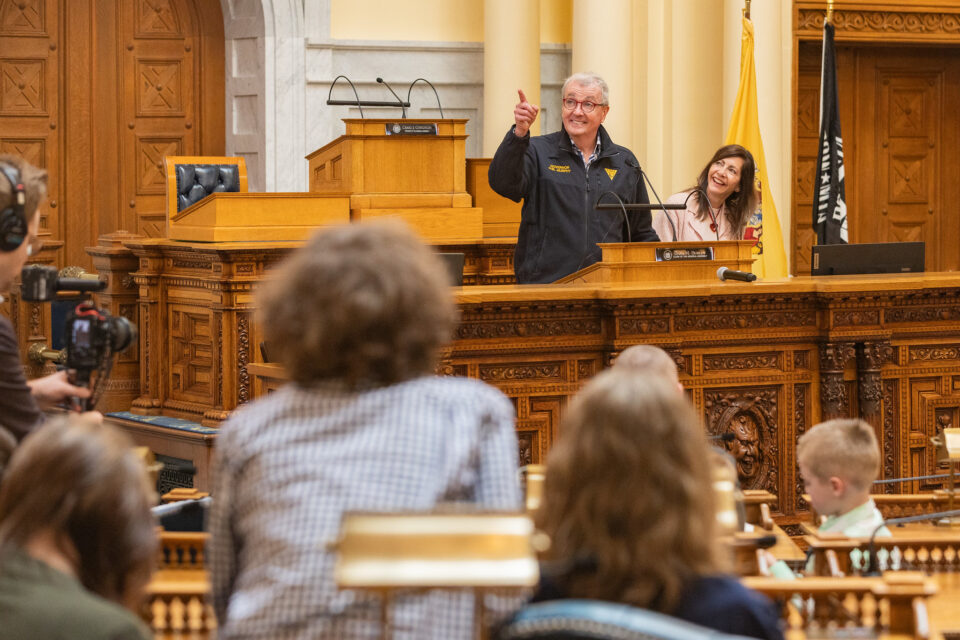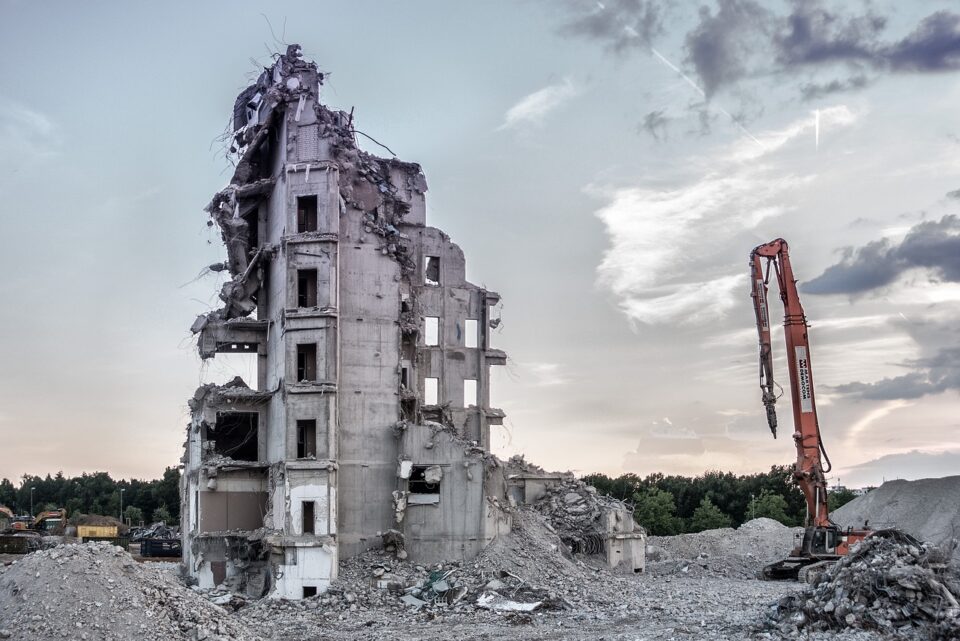
Passaic Arts and Science Charter Elementary School Celebrates Successful Grand Opening
November 14, 2023
A Triumph for Parental Rights: Our Town’s Embrace of a New Educational Vision
November 14, 2023Why Is Lakewood Using Public Funds To Buy Religious Textbooks?
When New Jersey students attend non-public schools, state statute says their home districts have to pay for textbooks as long as they are books public schools would use. Here is statute N.J.S.A. 18A:58-37, which details the limits on districts paying for private school textbooks:
- Each textbook shall be one that is used in any public elementary or secondary school in New Jersey, or is approved to be used in any public elementary or secondary school by any New Jersey district board of education;
- Each textbook shall be secular/nonsectarian and shall not contain religious content; and
- Prior to approval, the district shall request from the nonpublic school, and the nonpublic school shall provide to the district, a description of the textbook’s content and the name of the course for which it will be used to ascertain whether the textbooks are secular/nonsectarian.
Which raises the question, why is Lakewood Public Schools District using public money to pay for textbooks that include religious content?
According to the district’s school board agenda for its meeting tomorrow, Wednesday November 15th (see Item #58), the district will use local and state taxpayer funds to purchase some unknown copies of the book, “Rav Aharon Kotler: Builder of the Torah World,” published by Menucha Publishers. (There are about 45,000 yeshiva students in Lakewood.) Here is the publisher’s description of the book:
“Across an ocean, a terrible war raged. And in America, many Jewish people had strayed far from Torah. Who would rebuild the yeshivah world that had been destroyed? Could yeshivos thrive in America like they had flourished in Europe? Rav Aharon Kotler was a man with a fiery passion for Torah and a deep love for his students. He understood that the future of the Torah world lay in the United States.
Reb Aharon founded a yeshivah in Lakewood, New Jersey. He had just a handful of students at first, but he knew the yeshivah would grow. And grow it did. This is his story. It is the story of a man who rebuilt the world of Torah.“
Okay, I get it. You want local pride and Rabbi Kotler is founder of Lakewood’s Beth Medrash Govoha, the second largest yeshiva in the world, second only to Mir Yeshiva in Jerusalem. But does this purchase (the agenda doesn’t list the total cost but Amazon has it for $23.49 a copy) really qualify as a textbook that is “secular/nonsectarian” and would be “approved to be used in any public elementary or secondary school by any New Jersey district board of education”?
(The agenda also lists textbook purchases for non-public schools to teach students to read and write in Yiddish. I don’t know of any other public school in the state that includes Yiddish as a world language but let’s not get nitpicky.)
Given Lakewood’s dire fiscal straits—it is unable to balance budgets without state “loans” that it will never pay back—I’m reminded of what Maria Torres, a senior at Lakewood High School said. Maria attends a school that Education Law Center founder Paul Tractenberg describes as virtually 100% low-income, 95% Latino and Black, and educationally disadvantaged:
“It’s really disappointing that our opportunities are being taken away just so that other kids could have the privilege to go to a private school. The adults that are managing our money are giving it out to private schools as if they needed it more than the low-income students who go to public schools.”
The textbooks are the least of it. Yet it’s a bit chutzpadik of Lakewood’s public school leadership to not even pretend to follow state statute.




